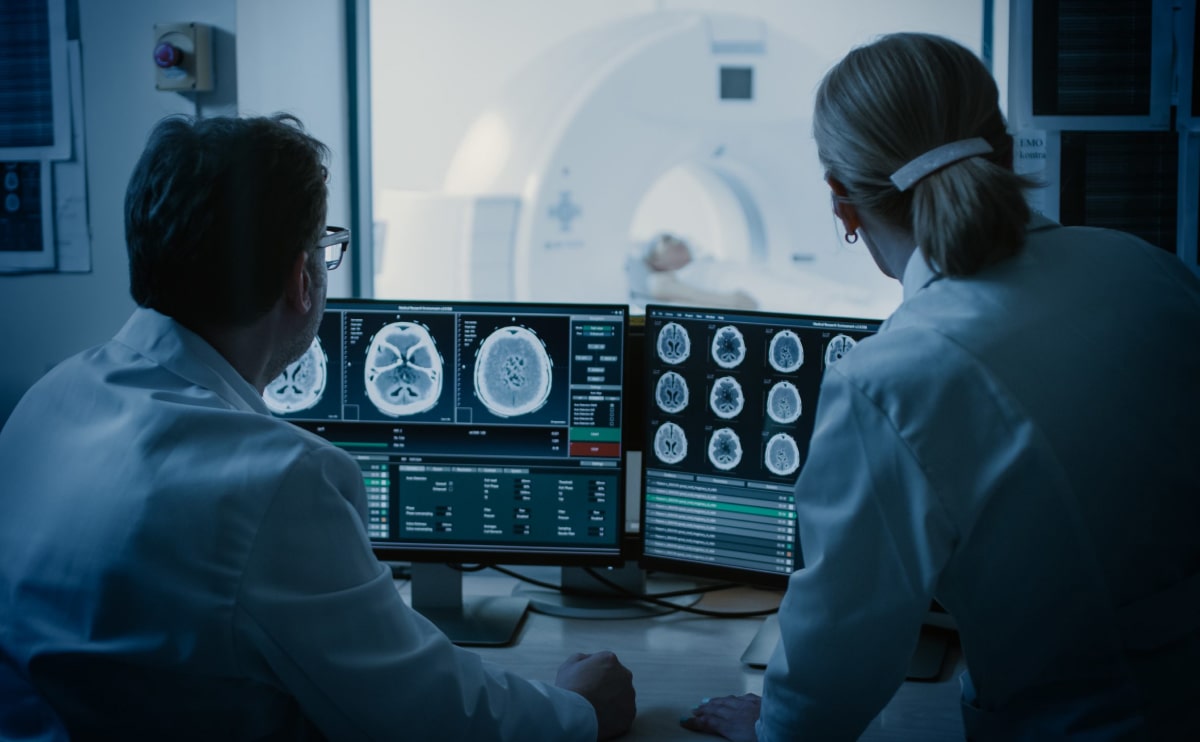Many people believe CPR training is useless for those who don't belong to the medical industry. But nothing can change the fact that being certified in CPR helps people in various professions, and many jobs outside the medical industry even demand it.
CPR certification is not only the right decision to go for but is frequently necessary. Even in non-medical industries, employers are cracking down on employee safety and starting to recognize the critical significance of this life-saving information. It's difficult to comprehend having to do CPR on a cardiac arrest victim, but the frightening statistic that more than 350,000 Americans experience sudden cardiac arrest each year is hard to accept. CPR certification is necessary not just in the healthcare industry but in a wide variety of jobs and professions. As a result, first aid certifications are increasingly in demand from a wide range of sectors.
A certificate in your name boosts your credibility to employers across numerous fields and positions. In many instances, this is a requirement for employment. Consider signing up for your CPR certification if you work in one of these industries.
1. Child care provider
There is never a time to be too cautious while working with children. Everyone should have CPR and First Aid certifications, including teachers, paraprofessionals, nannies, babysitters, daycare providers, Scouters, camp counselors, and coaches. In states where certification is not required, your school district may impose or strongly advise certification requirements on instructors.
2. Firefighters, police officers, and security personnel
CPR training is crucial since firefighters, police officers, and security personnel is frequently involved in various circumstances ranging from minor mishaps to severe tragedies. Additionally, because they are commonly called to the scene of an accident, police officers and firefighters should be trained in CPR in case they get to the location before emergency services.
3. Athletic trainers and instructors
There is no age restriction for cardiac arrest. Anyone can experience it and need CPR, including toddlers and young adults. Athletic trainers and coaches frequently challenge their students' stamina, endurance, and cardiac capabilities.
4. Volunteers
Volunteering frequently entails physically demanding activities that can tax the body, such as heavy lifting, adverse weather conditions, or extended periods spent standing up. This might range from volunteering abroad to simply volunteering at a local food bank. Coordinators frequently need current CPR certification from volunteers due to the more extraordinary risk situation.
5. Construction Worker
It's all done by construction workers. They move bulky objects and run sophisticated technology in addition to pouring cement. These physically challenging circumstances produce a dangerous workplace where accidents might occur. CPR certification becomes essential in such cases.
6. Electricians
In addition to designing, installing, and repairing electrical systems in buildings, electricians also work with transmission lines, stationary machines, and other things. Due to the physically demanding nature of these jobs, employees must have access to CPR training.
7. Travel Guides
Whitewater rafting guides, trail guides, horseback riding teachers, and rock-climbing instructors all participate in activities that raise the risk of a cardiac attack. This is similar to fitness instructors. When mixed with the heat and humidity found in some countries, the physical effort can potentially cause cardiac arrest. Outdoor guides should be CPR certified so patients can receive care while waiting for assistance.
8. Airline employees
There is an 86% likelihood that someone suffering a sudden cardiac arrest on a plane without much or no access to emergency care will pass away before the arrival of help. Due to this, all flight attendants and crew members on board aircraft must be trained in CPR, first aid, and using an AED. The objective is to stabilize the patient's condition in the air before handing them off to ground-based emergency personnel. By doing this, they considerably improve their odds of living and avert serious problems or even death.
CPR training can help you progress in your career and save lives
Obtaining CPR certification will raise your worth to companies that prioritize safety, and it also gives you the abilities, information, and assurance required to manage an emergency properly. Learning CPR and other fundamental life skills that everyone should take into consideration.






